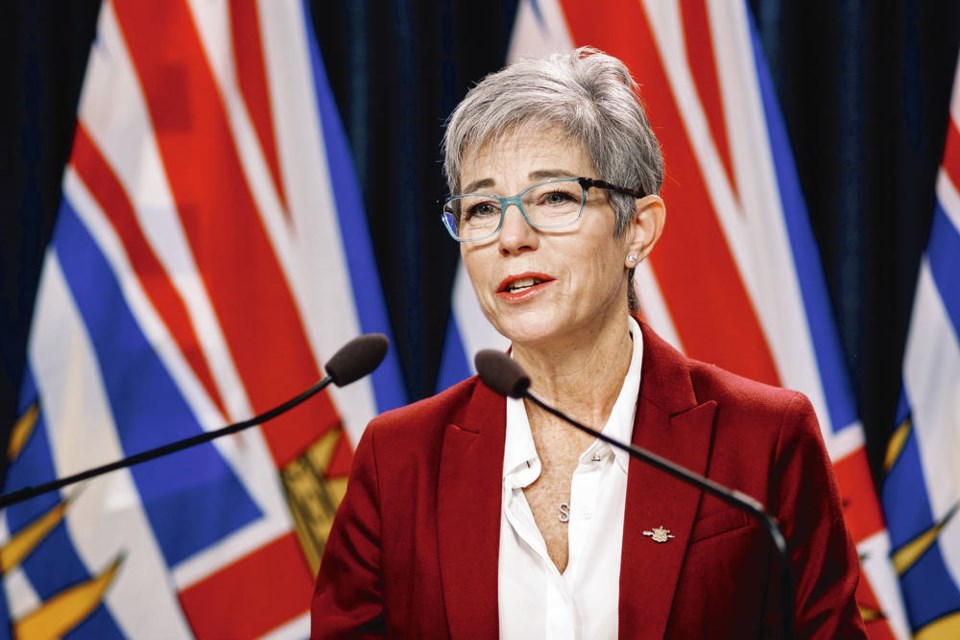When sa���ʴ�ý Finance Minister Selina Robinson brings down her first budget on April 20, she would do well to look at what Quebec has accomplished.
First off, that province managed to produce its budget before March 31, the fiscal year-end, in keeping with longstanding parliamentary tradition. Robinson has said she can’t meet that date because her staff are overworked by the COVID-19 crisis. She’s aiming for April 20 instead.
A more believable explanation is that Robinson is trying to shorten the amount of time opposition parties will have to examine her numbers.
We say that, in part, because the COVID-19 pandemic devastated Quebec to a degree far beyond sa���ʴ�ý’s experience.
As of March 29, 10,647 Quebecers had died of the disease, a fatality rate of 130 per 100,000 population. In comparison, as of that date 1,449 British Columbians had died, a fatality rate of 31 per 100,000 population, or four times fewer.
If despite these losses, and the mammoth impact on its health and social-services sector, Quebec could produce a budget on time, Robinson has no excuse for her tardiness.
However, we can take the comparison further. When Quebec presented its budget last week, the deficit was put at $12.3 billion. That’s a remarkably small number, given the size of that province’s population (8.5 million) and the extent of COVID-19 damage. Moreover, its Finance Ministry is forecasting a balanced budget in just four years.
We don’t yet know what Robinson has in mind, although her 2020 deficit has been estimated at $13.6 billion.
But if she were to match Quebec’s performance, purely on a population basis, her deficit for the year ahead should be in the $8-billion range, give or take. And that’s without factoring in the much less severe COVID-19 impact she has had to deal with.
Likewise, we should be able to anticipate a balanced budget by 2024-25. Can Robinson meet that expectation?
For there is a broader reality. According to the Institute of International Finance, global debt now stands at a staggering $350 trillion, by far the highest figure ever recorded.
The world’s nations now owe more than three times their combined wealth.
So far this has gone unchallenged, as the COVID‑19 pandemic provides cover for far-flung borrowing. But as the outbreak passes by, we have to expect a day of reckoning. What seemed sustainable in the midst of a crisis might look very different in the cold light of the morning after.
Unfortunately, there is no way to foresee exactly where the tipping point might lie. Looking back at previous financial meltdowns, such as the great stock market crash of 1929, or the bursting of the United States housing bubble in 2008, virtually no one saw them coming in time to put on the brakes.
It was only with hindsight that the warning signs were recognized.
The lesson to be learned here is that prudence is the best route to safety, and moderation the safest policy.
What that means in Robinson’s case is that the minister has to lay out a budget that, while the pandemic is still with us, might seem insufficiently responsive. In effect, she will have to face criticism for being fiscally conservative too soon.
Nevertheless, with the very real threat of a debt crisis ahead, that is the only safe path.
Arguably, it is also the politically wise step. The NDP fell out of favour during the 1990s for running a string of deficits at a time when there was no good economic reason for doing so.
If Robinson cannot keep control of our finances this time around, the same fate might lie ahead for her party.
She has until April 20 to show that she understands this.



